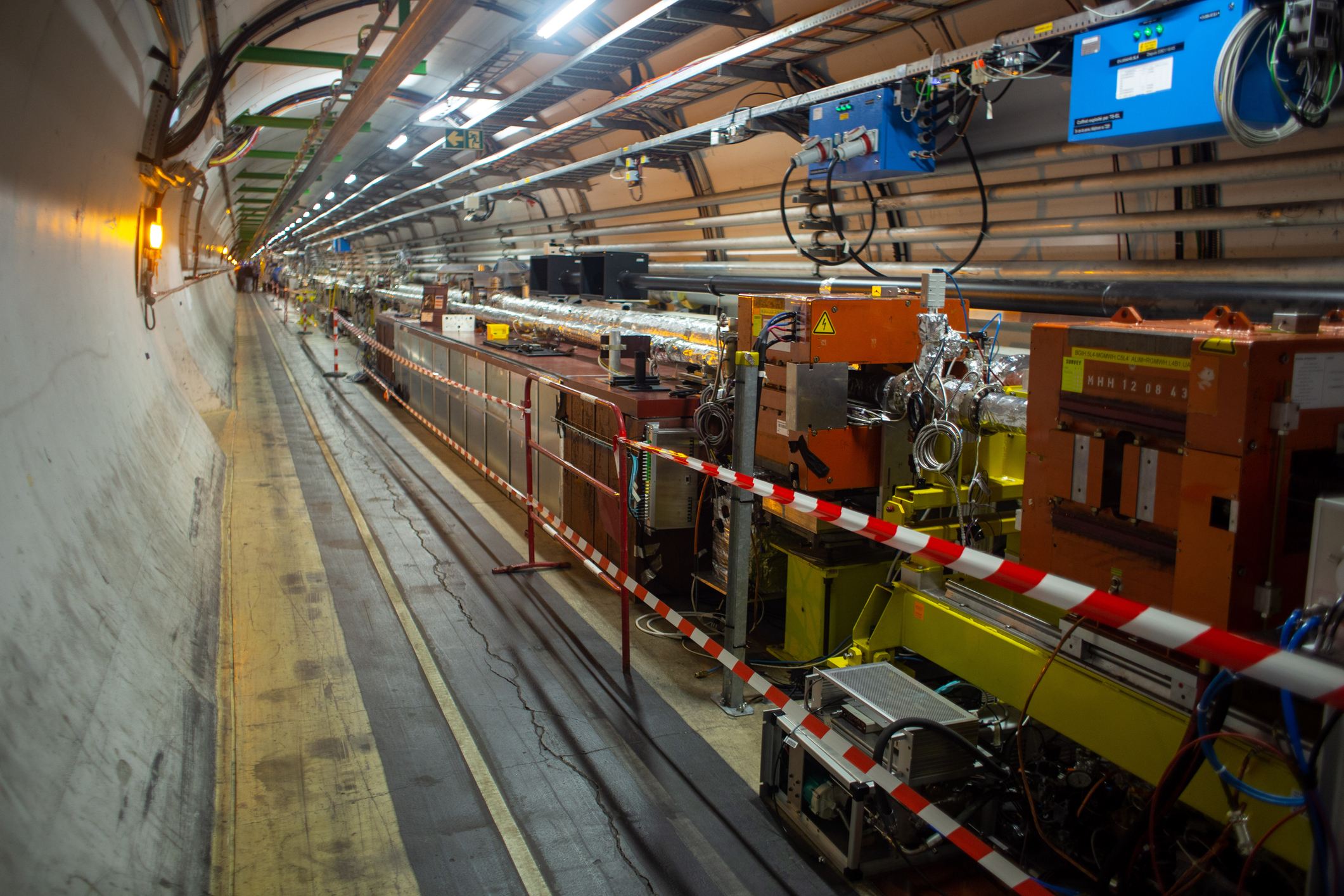TRENTON, N.J. — A new bill introduced in the New Jersey Legislature aims to classify fusion energy as a Class I renewable energy source under the state’s “Electric Discount and Energy Competition Act.” Sponsored by State Senator Joseph Pennacchio (R-26), the legislation seeks to expand the definition of renewable energy to include nuclear fusion, a process that scientists believe could provide a clean and abundant power source in the future.
Although electricity generation from nuclear fusion has not yet been commercially achieved, proponents argue that it holds significant potential as a zero-carbon energy source. Unlike nuclear fission, which is used in conventional nuclear power plants, fusion does not produce long-lived radioactive waste or carbon emissions.
New Jersey is home to the Princeton Plasma Physics Laboratory (PPPL), a leading research center focused on fusion energy development. The legislation notes that fusion reactors would generate radioactivity at a lower magnitude and shorter duration than fission-based reactors, making them a promising alternative for clean energy production.
If enacted, the bill would mark a significant step toward recognizing fusion as a viable component of New Jersey’s renewable energy portfolio, potentially positioning the state as a leader in future fusion energy development.

